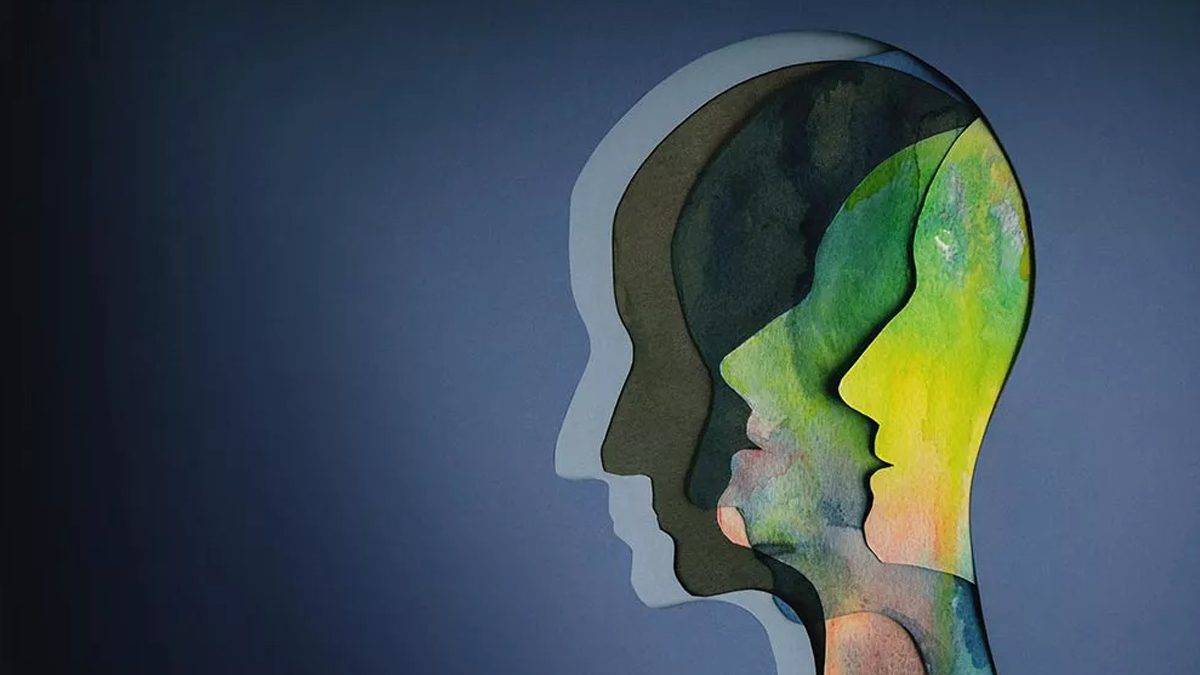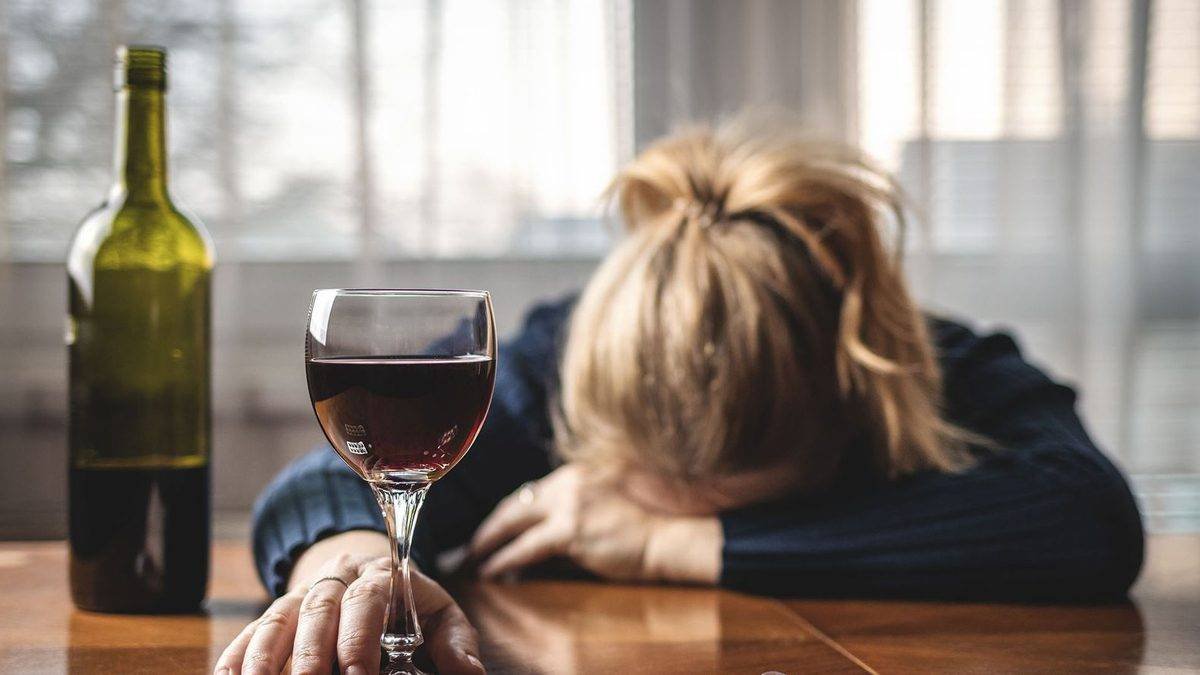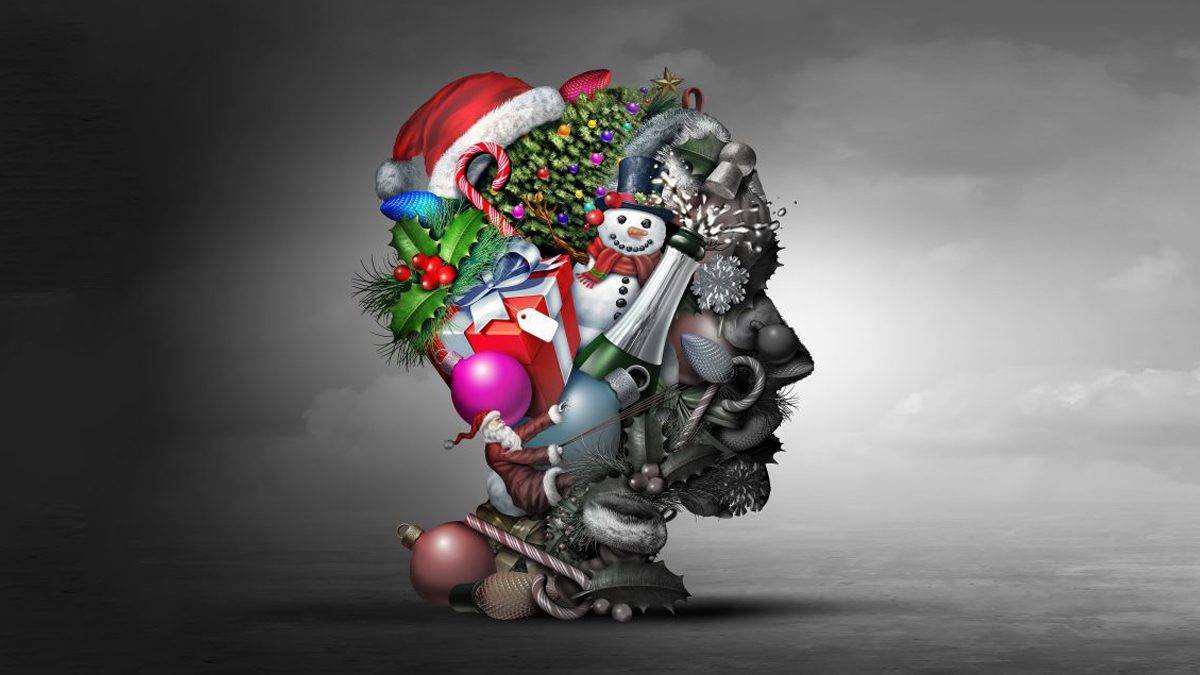Personality disorders are characterized by enduring patterns of problematic behavior that typically begin in adolescence, causing significant distress and functional impairment. These disorders are often perceived as lifelong conditions, but recent research suggests that symptoms can improve or even remit over time. Does this mean personality disorders disappear entirely? The answer is both yes and[…]
Category Archives: Mental Health
Creativity Can Thrive Without Alcohol & Drugs My entire life I grew up around creative people. Indeed, my godfather was John Birks “Dizzy” Gillespie and my godmother was the wife of legendary saxophone player Stan Getz. I was so close to both of these men since I was practically born and when they died I[…]
What’s The Difference Between Being “Sober” Versus Being in “Recovery”? There is an important distinction between being “sober” and being in “recovery”. The differences are clear to those who have experienced both phases in their healing process from alcoholism. When an alcoholic is “sober” from alcohol without attending a mutual-help program, therapy, medication management, and/or treatment then they are in a[…]
Choosing to overcome addiction and live a sober life is both challenging and rewarding. Sobriety may feel overwhelming at first, but it leads to a healthier, happier life free from the control of substances. It offers the chance to rebuild relationships, improve self-esteem, and work toward a better future. Here are ten reasons to stay[…]
Gaslighting is a harmful form of psychological manipulation where someone tries to make you question your own reality. It’s a deliberate tactic often used to control, deceive, or hide the manipulator’s true intentions. While disagreements or forgotten conversations may seem like gaslighting, true gaslighting is a repeated and intentional pattern of behavior. This article will[…]
Codependency is based on false, dysfunctional beliefs that are learned from our parents and environment. Recovery entails changing those beliefs, the most damaging of which is that we’re not worthy of love and respect – that we’re somehow inadequate, inferior, or just not enough. This is internalized shame. Last year, I published a blog, “Codependency[…]
The stress of the holidays triggers sadness and depression for many people. This time of year is especially difficult because there’s an expectation of feeling merry and generous. People compare their emotions to what they assume others are experiencing or what they’re supposed to feel and then think that they alone fall short. They judge[…]
Codependency is a subtle yet powerful condition that can significantly impact personal well-being and relationships. It manifests when thoughts and behaviors revolve excessively around another person, leading to a reactive rather than proactive life. Often associated with addiction, codependents may center their lives around substances, work, or relationships instead of their internal needs. Origins of[…]
In which Dr. Sadaqat Ali states the reason why people raise their fingers on the second marriage? Does this mean that doing something affects the intentions of the person doing it? In fact, no one can lift a finger on anything that is legitimate. But any work that is not done legally will definitely raise a finger. Second marriage[…]
–Is Game Addiction / Behavioural Addiction A Disorder? A diversion disorder, go typically named “video game addiction,” is a pattern of game-playing behavior—involving online gaming or offline video games that is difficult to manage which continue intense despite serious bad consequences in alternative areas of the gamer’s life. The expert discussed whether or not severely problematic diversion actually constitutes an “addiction” like other chemical addictions such as drug and[…]










